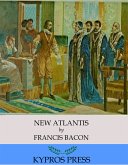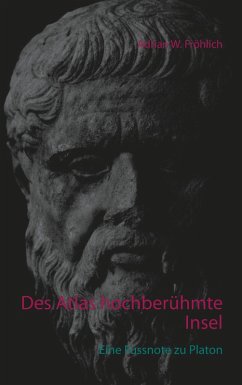Francis Bacon's "New Atlantis" presents a visionary narrative that intricately blends the realms of philosophy, science, and utopian ideals. Set in a mythical island, the text unfolds a society that embodies Bacon's aspirations for a progressive future grounded in empirical knowledge and communal well-being. The work, characterized by its allegorical style and rich, descriptive prose, reflects the intellectual currents of the early 17th century, especially the burgeoning scientific revolution, positioning itself as a cornerstone of early modern thought. Bacon's portrayal of the scientific institution, Salomon's House, serves as a blueprint for the application of scientific inquiry to societal advancement, making the work not only a narrative but a profound treatise on the relationship between knowledge and human progress. Francis Bacon, an eminent philosopher, statesman, and scientist, was deeply influenced by the tumultuous political and scientific transformations of his era. His commitment to the empirical method and advocacy for a new system of knowledge were pivotal in shaping Enlightenment thought. This work reflects Bacon's vision of a society where knowledge is harnessed for the common good, stemming from his belief in the transformative power of science and inquiry, informed by both his personal experiences and the intellectual milieu of his time. Readers seeking a profound exploration of the interplay between knowledge, power, and utopian ideals will find "New Atlantis" not just a fascinating narrative but a foundational text that challenges them to reconsider the purpose of science in society. Bacon's insights remain strikingly relevant, inviting contemporary readers to ponder the responsibilities that accompany the pursuit of knowledge and the potential for human innovation to reshape our world.
Dieser Download kann aus rechtlichen Gründen nur mit Rechnungsadresse in A, B, BG, CY, CZ, D, DK, EW, E, FIN, F, GR, H, IRL, I, LT, L, LR, M, NL, PL, P, R, S, SLO, SK ausgeliefert werden.









